To Muse, or Not to Muse
 What I’m about to say is blasphemy in much of the writing world. Maybe it’s my pragmatism, my science background, my lack of belief in guardian angels, karma and fate, but—here goes—I don’t believe in the muse.
What I’m about to say is blasphemy in much of the writing world. Maybe it’s my pragmatism, my science background, my lack of belief in guardian angels, karma and fate, but—here goes—I don’t believe in the muse.
In fact, whenever other writers talk about their muse being on a vacation or sitting on their shoulder, whispering in their ear, I find it rather, well, silly. In the interest of full disclosure, I admit that I even tried it out once or twice, writing about “my muse,” but it was so disingenuous, I hated myself for doing it.
There’s no denying that we, as writers, sometimes feel as if there are outside forces at work, when the words flow like water from a hidden spring or when those words are reread at a later date and we wonder, “Who wrote that?” Many, I might even say most, writers carry around a shitload of insecurities about their talent, their ability to string the words together in the best way possible and, once it’s done, whether they’ll be able to do it again the next time. And the next. And the time after that.
I think that’s where the idea of the muse conveniently comes into play. It’s a way to give the credit to (or place the blame on) someone or something other than ourselves for the words on the page. Or when we’ve staring at a blank page for what feels like hours.
The term Muse comes from the Nine Muses in Greek mythology, who were Greek goddesses, ruling over the arts and sciences and offering inspiration. They were the daughters of Zeus, lord of all gods, and the goddess, Mnemosyne, who represented memory. Not a bad family tree.
Artists, of course, have always had muses, Èdouard Manet had Victorine Meurant, Pablo Picasso had Marie-Thérèse Walter, Salvador Dali had Gala Diakonova, and Francis Bacon had George Dyer. But these were flesh-and-blood people who influenced their lives, sometimes tragically, and inspired their art.
I’m not sure why it came to be that a writer’s muse was deemed an imaginary creature, one I’ve always pictured as Tinkerbell, hovering over the computer screen or typewriter sprinkling pixie dust. Or making unrealistic demands. And I don’t find that inspiring. I find it kind of creepy. But maybe that’s just me.
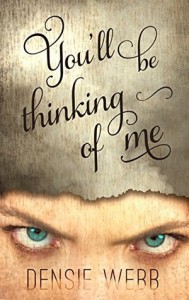 Elizabeth Gilbert, author of Eat, Pray, Love, has expressed an almost spiritual belief in the muse as an entity independent from ourselves, one that speaks to us as we write. And when the words won’t come, she says, it’s because the muse hasn’t held up its side of the bargain. Some people even name their muses. I read somewhere that one writer named her muse Chris Hemsworth. Good choice, I must say. When I was in college I named my car Norman, but other than that, I’m not big on naming anything other than children and pets.
Elizabeth Gilbert, author of Eat, Pray, Love, has expressed an almost spiritual belief in the muse as an entity independent from ourselves, one that speaks to us as we write. And when the words won’t come, she says, it’s because the muse hasn’t held up its side of the bargain. Some people even name their muses. I read somewhere that one writer named her muse Chris Hemsworth. Good choice, I must say. When I was in college I named my car Norman, but other than that, I’m not big on naming anything other than children and pets.
Others say the muse is more of a deep meditative state, than an actual entity guiding us along. That makes more sense to me. When the words come, it’s usually the result of intense focus, as you enter your characters’ world and open your mind to all the delicious possibilities. It’s not outlining or diagraming or whiteboarding; it’s more like giving an extemporaneous speech, only you’re writing it down and there is no audience to render judgment and reinforce your insecurities.
It’s interesting to note that Muse is also a band (love their music); a career advice website; a hotel in New York City; a movie with Albert Brooks, about a writer’s muse come to life; a page on Jezebel.com; the name of Boston’s Grubstreet annual writers’ conference; and a personal meditation assistant (a brain-sensing headband to make meditation easier). Muse is clearly a popular term.
If the idea of having a muse works for you, who am I to discourage that process? But I believe that when the writing works, we need to milk every last drop of that hard-earned, much-deserved credit, rather than attribute it to some outside force that is never seen, never heard, and often can’t be depended upon to show up when the need is greatest.
Or so I’ve been told.
—
Densie Webb (not Denise) has spent a long career as a freelance nonfiction writer and editor. Her debut novel “You’ll Be Thinking of Me” was released by Soul Mate Publishing in January 2015. She is an avid walker (not of the dead variety), drinks too much coffee and has a small “devil dog” that keeps her on her toes. She is currently working on a second novel.
Find out more about her on her website http://densiewebb.com/ and follow her on twitter https://twitter.com/dlwebb
Category: Contemporary Women Writers, On Writing




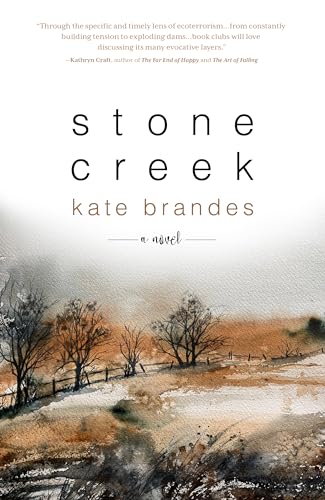
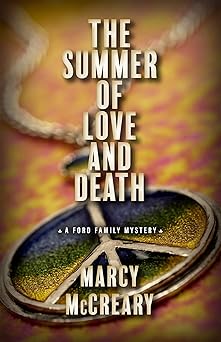
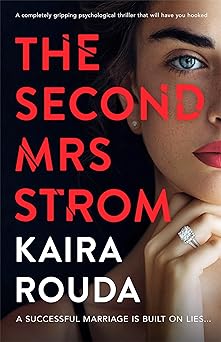
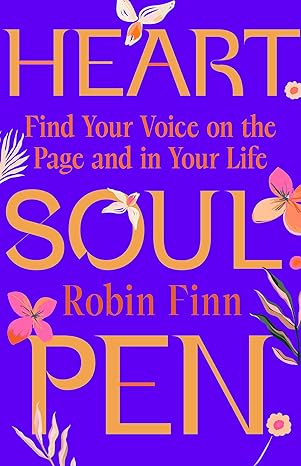
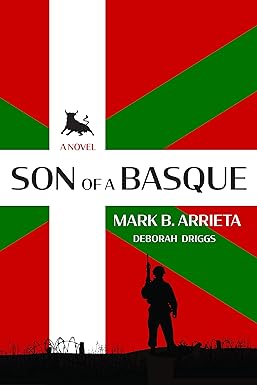
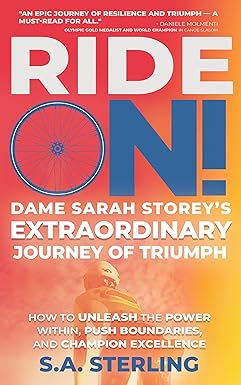
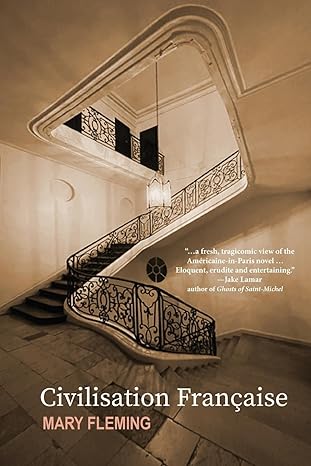
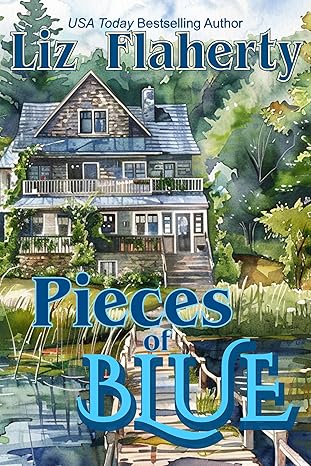
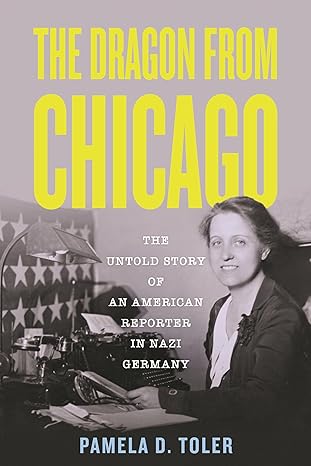
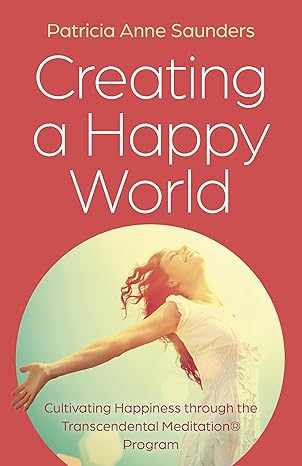
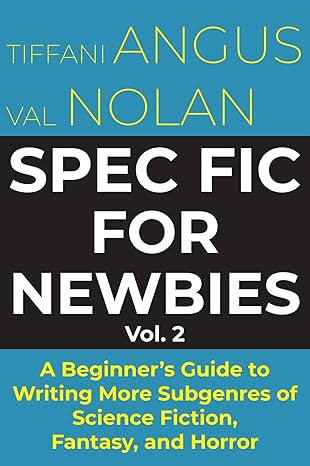
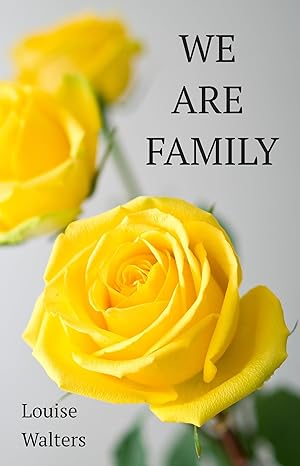
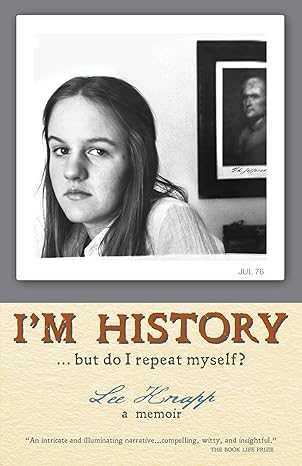
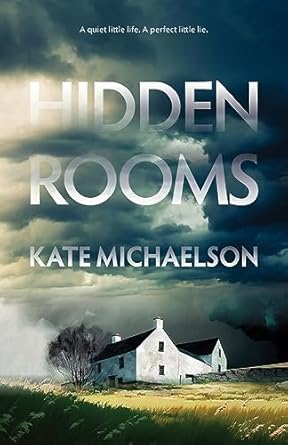
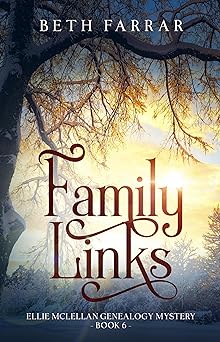
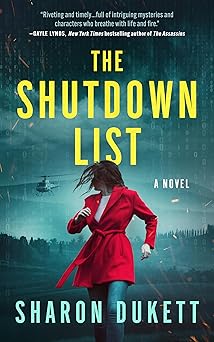
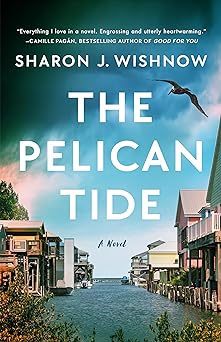
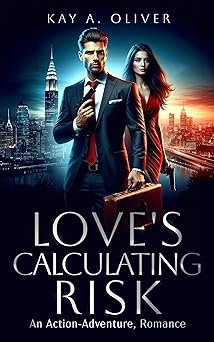
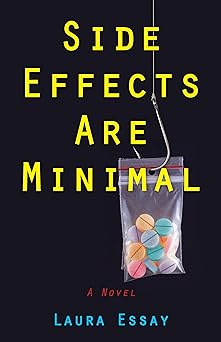
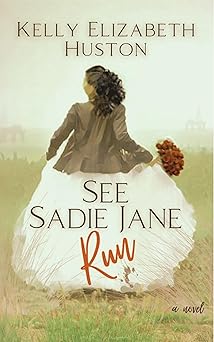
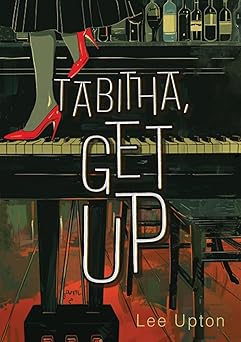
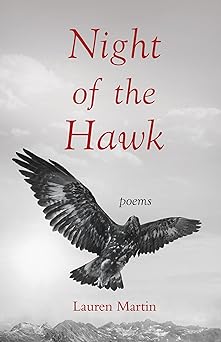
HI Densie,
I am a year late in reading your post, but, I do agree with you to quite an extent!
Over the years, I have realised, that once you get used to writing, the thoughts just flow, muse or no muse! For me, my pet dog was a muse for some of my posts. But, mostly, it’s Life. All one needs to do, is look around if the thoughts aren’t helping you, and you will know what you have to write!
I enjoyed reading your point of view! 🙂
Do people really believe this stuff? I wouldn’t know – it’s probably because as soon as I see posts about people’s ‘muse’, I walk swiftly on.
So much rubbish is talked about writing. Similarly, I shout loudly at my laptop every time I see writers talking about their characters thus: “Oh, I so wanted to make Sebastian a shopkeeper, but he just wasn’t having it! Then he told me he was in the army! Who knew, eh?” Or “I wasn’t goint to write today, but my characters just wouldn’t let me take a break!”
I think what they’re doing is trying to convey that their creativity is so great that the characters actually seem to come alive. It’s such a naff boast.
We just write, because we’re good and making stuff up and putting it on the page in such a way that it entertains others, that’s all. We’re not special, or visited by angels.
Excellent post, btw 🙂
Thank you, Terry! Glad you agree. I don’t hear voices either. I have imaginary conversations in my head, but that’s just me imagining, not characters actually telling me what to say. But, whatever gets the words on the page, I’m okay with it. It’s just not for me. Thanks for stopping by.
I categorize the muse right there along with the tooth fairy. It’s too cute.
Congratulations to Densie on her fine writing! And I like her unusual name.
Gene, thanks for stopping by and commenting. Good to know I’m not alone.
My understanding of the writer’s “muse” is a person or icon who inspires you to write – and is possibly a source of inspiration herself/himself. Whether that’s a nubile young woman who provides a burst of libido to a crusty old writer, a teacher whose voice “stuck” in your head because of her innate wisdom, or an imaginary friend who cheers you from the sidelines, the muse is simply the impetus to get going and keep going… whatever works! It’s hard to write for a world of unknown readers; the muse can keep you focussed and positive.
I love your visual of the muse as Tinkerbell. Although I think of a muse as “the zone” or that moment when the writing feels almost effortless, if I sit down to think of a concrete being, it’s more than creepy. It’s downright scary.
Still, sometimes the story seems to have a mind and life of its own, and that’s magical and wonderful. In between, we live with the work and the insecurity being a writer can bring. Thank you for posting! Also, the many other “Muses” out there – the band really helps fuel my running. 😉
I’m with you Caroline. For me, it’s not a muse, it’s my writer-self being in the zone where place comes alive with sights and smells and sounds snd characters talk and I listen and write as fast as I can to get it all down
I do stuff on twitter called Dear Muse that mocks the whole thing. Bet you’d like it. 🙂 I’m with ya, sistah.
Kelly, I’ll definitely check it out! Thanks for stopping by.
Thoroughly agree. Thanks for a refreshing post.
Another thing that bothers me is the frequent mention of characters taking on a life that seems independent of the author, insisting on doing their own thing, going their own way. Have you any views on this type of ‘author talk’?
Barbara, it’s a lovely idea to think of our characters coming to life and “doing their own thing” but again, as we write and our stories become fully realized in our own minds, our past experiences and imagination come together to move the story forward and determine characters’ actions. But if it helps a writer to think their characters are determining their own actions, more power to them.